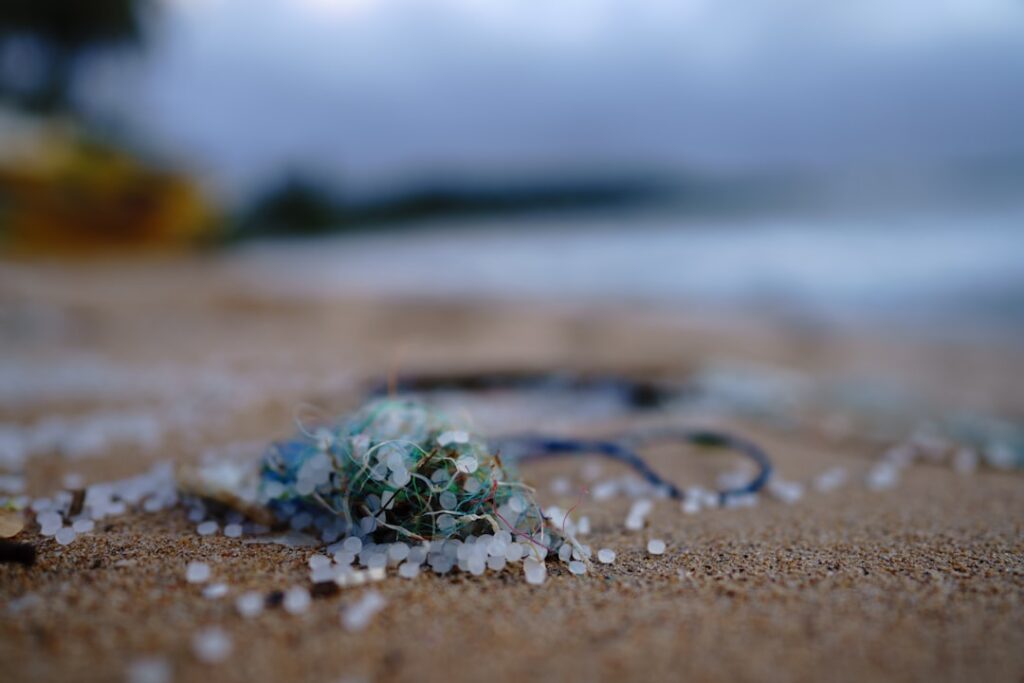What do rusty nails and brown apples have to do with Crow’s feet and wrinkles? They are both caused by a process known as oxidation. Think of oxidation as rust and just like rust will deteriorate metal, it does the same to our cells. Oxidative stress is an imbalance between free radicals and antioxidants in your body.
What are Free Radicals?
Free radicals are generated in the skin and body from normal biologic processes and from exposure to pollution and sunlight and ultraviolet (UV) light. When there is an overabundance of free radicals, it leads to oxidative stress that damages skin cells lipid membranes, collagen structures. All of this can lead to accelerated skin aging, deep wrinkles, coarse texture, hyperpigmentation, psoriasis and skin cancer among many other skin disorders.
Free radicals are oxygen-containing molecules with an uneven number of electrons. The uneven number allows them to easily react with other molecules. Free radicals can cause damaging chemical reactions in your body because they react so easily with other molecules. These reactions are called oxidation.
What are Antioxidants?
Antioxidants are molecules that neutralize free radicals by donating an electron, which stabilizes them and prevents them from damaging our tissues. It is well known that inflammation and oxidative stress can damage our health and our skin. Oxidative stress is an imbalance between free radicals and antioxidants in your body. Bottom line- free radicals cause damage and antioxidants protect us.
Vitamin C is a potent antioxidant found naturally in the skin that protects skin cells from free radical damage. Vitamin C also plays a critical role for tissue growth, tissue repair and is critical for collagen synthesis-maintaining a healthy level of this structural protein that forms the structural support to maintain healthy plump skin.
Find Protective Antioxidant Rich Foods
Protective antioxidant-rich foods include a variety of colorful organic vegetables, fruits, herbs, spices. We now know that these living plants produce a wide variety of antioxidants that play a very important role in the health of your body and your skin. Another name for an antioxidant is a phytonutrient. Phyto means “plant” in Greek. Scientists have learned that phytonutrients are important constituents of plants that are synthesized to enhance defense, survival and healing. Phytonutrients are responsible for the color in plants.
Diversity of plant-based foods is essential as research is showing that smaller amounts of many antioxidants or phytonutrients have a greater benefit than larger amounts of fewer phytonutrients. In other words, “Eat the Rainbow” and make sure you have as many colors as possible on your plate.
Recommendations
The current recommendations are to consume a minimum of 9-10 servings of vegetables and fruits of a variety of colors daily to meet the demands of body functions, restoration and healing. Recent estimates indicate that less than 7% of women and 5% of men in the U.S. meet this recommendation. To make matters worse, our food supply is compromised, and many people have digestive disorders that prevent them from fully absorbing the nutrients in the food they are consuming.
At AustinMD, we utilize advanced testing to determine the health of your gut and digestive ability. If gut function is compromised, we utilize an array of targeted nutraceuticals, botanicals, therapeutic nutritional interventions and IV nutrient therapy when warranted, to boost your tissue reserves of essential nutrients and antioxidants.
AustinMD where science meets beauty, we want you to radiate inner and outer health and be confident in your own skin from the inside out. The health and appearance of our skin is a reflection of the health of our body internally.
During the summer months especially in the south, there is a greater potential for damage from the sun’s UV rays and extra diligence in required to protect your skin from the inside out. As far as external sunscreen, we also offer clean sunscreen options that also contain antioxidants for extra protection.









